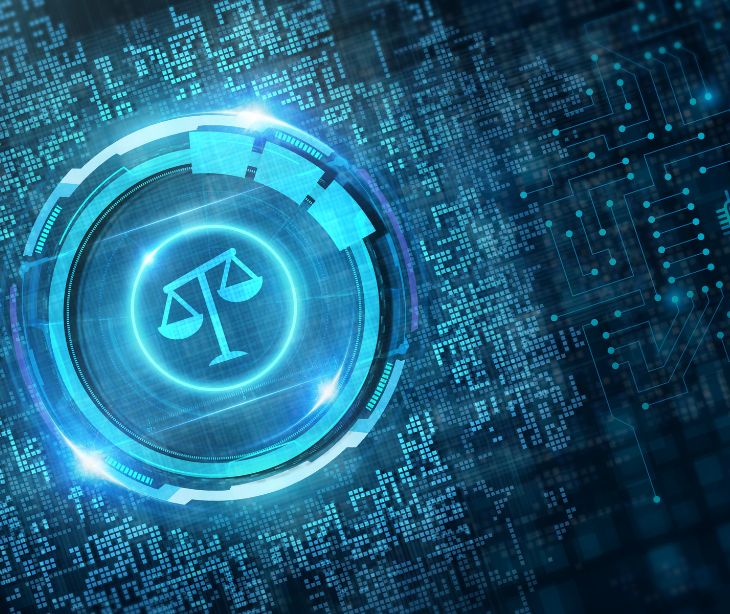2 min read
What ENTs can learn from the Albany ENT and Allergy Services breach
Caitlin Anthoney November 26, 2024

In 2023, Albany ENT and Allergy Services (AENT) experienced two ransomware attacks that exposed the sensitive data of 213,935 individuals, including Social Security numbers, medical records, and treatment histories.
Go deeper: Albany ENT & Allergy Services faces $500K fine after ransomware attacks
What went wrong?
AENT relied on information security provided by two third-party vendors. When these vendors failed to update software and protect patient data, it created vulnerabilities that ransomware attackers exploited. Making matters worse, AENT delayed disclosing the full scope of the breach and continued storing data without adequate security measures for several months.
The price of negligence
AENT's failure to secure patient information came with hefty consequences:
- A $500,000 fine upfront, with an additional $500,000 penalty for non-compliance with settlement terms.
- $2.25 million investment in cybersecurity improvements over five years.
- Free credit monitoring for affected patients, alongside reputational damage.
These numbers also reflect the greater cost of lost patient trust and organizational accountability. Violating the regulatory standards outlined in the Health Insurance Portability and Accountability Act (HIPAA), compromises patient privacy, damaging the patient-provider relationship.
Read also: Higher HIPAA penalties announced
Taking cybersecurity seriously
New York Attorney General Letitia James warned, “No one should have to worry about having their data stolen simply because they visited a doctor.” Adding that “Healthcare facilities need to take protecting patients’ private information seriously...
In the case of AENT, poor training and oversight left employees and vendors unequipped for handling sophisticated ransomware attacks.
Lessons learned
Healthcare organizations, including ENTs, must implement the following security measures:
- Data encryption: Safeguarding patient information in transit and during storage.
- Multi-factor authentication (MFA): Adding an additional security layer that helps prevent unauthorized access to patient data.
- Vendor oversight: Conducting regular audits and timely updates to prevent third-party vulnerabilities.
- HIPAA training: Regularly training employees on safeguarding patient information, including sessions on how to identify and mitigate the risk of ransomware attacks.
Moreover, healthcare organizations, including ENTs, must use a HIPAA compliant email solution like Paubox. These solutions offer advanced encryption methods, MFA, and access controls to maintain regulatory standards and avoid costly fines.
FAQs
What is a ransomware attack?
Ransomware attacks are a type of cyberattack where hackers gain unauthorized access to a computer, encrypt its data, and demand the return of this data upon payment.
Hackers often target sensitive information like personal, financial, or healthcare data, crippling their operations until the ransom is paid or recovered by other means.
Ransomware typically spreads through phishing emails, malicious links, or software vulnerabilities, exploiting weak cybersecurity defenses. Even after paying the ransom, victims are not guaranteed data recovery.
How do audit trails help with HIPAA compliance?
An audit trail tracks all email activities, providing a record of who accessed the emails and when helping organizations monitor and uphold HIPAA compliance.
Can ENT specialists use emails to enhance patient engagement?
Yes, ENT specialists can use HIPAA compliant emails to enhance patient engagement, allowing efficient communication and access to health information while protecting patient privacy.
Related: HIPAA compliant emails to improve patient engagement in ENT practices
Subscribe to Paubox Weekly
Every Friday we'll bring you the most important news from Paubox. Our aim is to make you smarter, faster.



